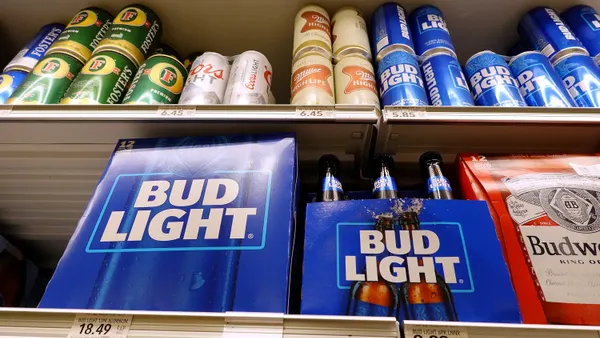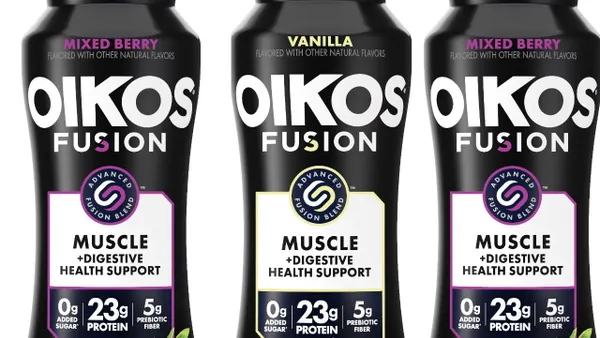Dive Summary:
- The FTC upheld a May 2012 ruling that claimed Pom falsely advertised the effects of antioxidants found in their juice products.
- The questionable practices consisted of listing actual diseases antioxidants could help, a claim quite unfounded in scientific data according to the commission.
- While the original ruling was limited to 10 cases of such advertising, the FTC unanimously decided a total of 36 instances were misleading to the public and mandated FDA approval for any future claims.
From the article:
"Despite the absence of such references or of other suggestive indicators (e.g., strong medical imagery), the majority finds that these exhibits contain implied disease-related claims without extrinsic evidence that consumers viewing the exhibits would actually perceive such stronger claims and not simply perceive healthy functioning claims," she wrote. "I am concerned that, if the Commission too easily finds implied disease efficacy or establishment claims in advertisements for foods, absent extrinsic evidence, then it may tend to undermine an important balance that is struck in the regulation of food, supplement, and drug advertising under the FTC Act and other federal laws."












